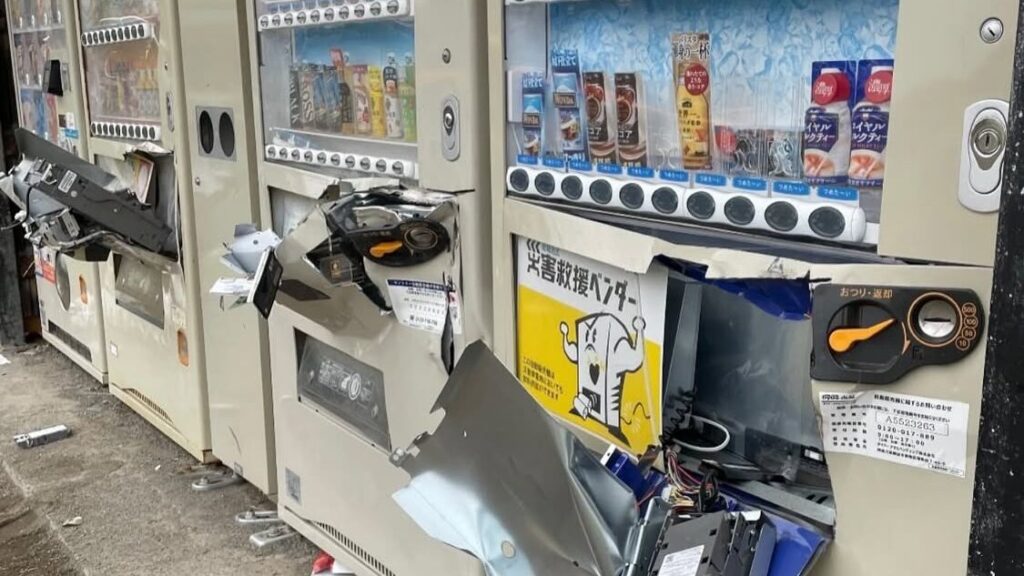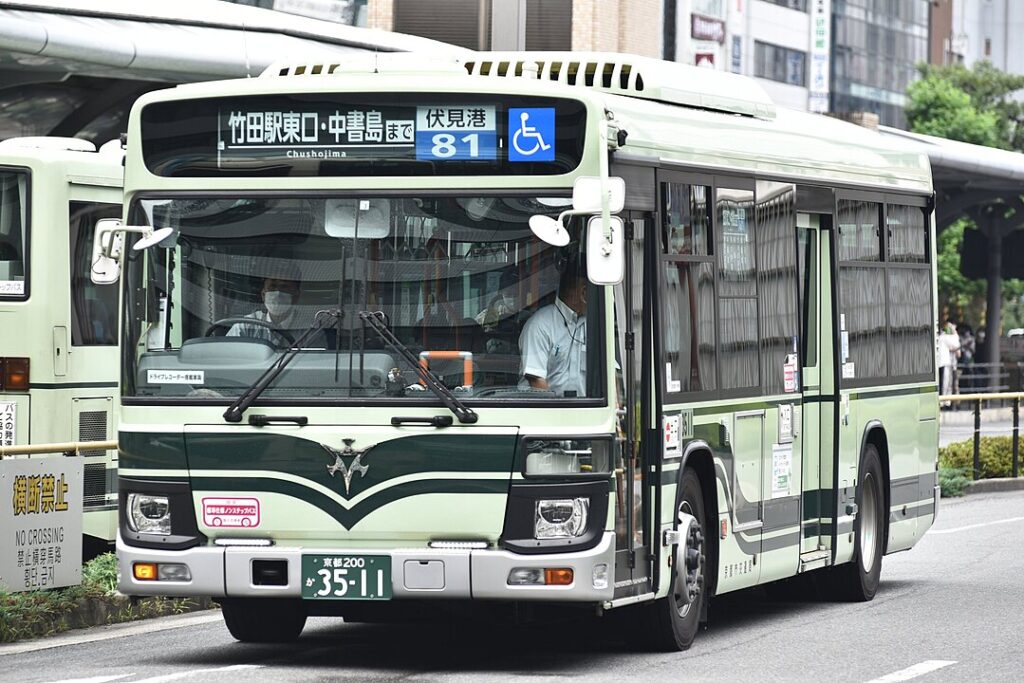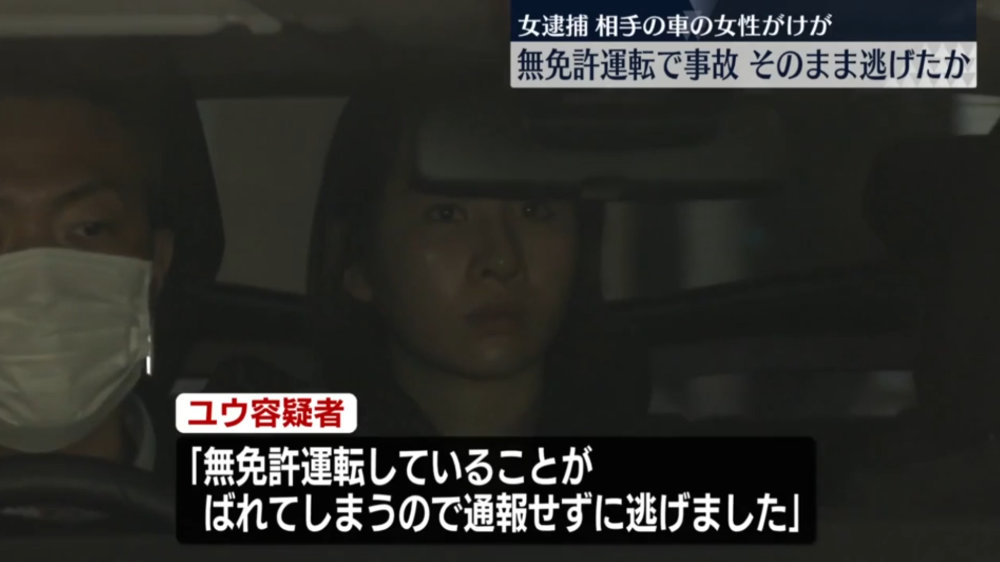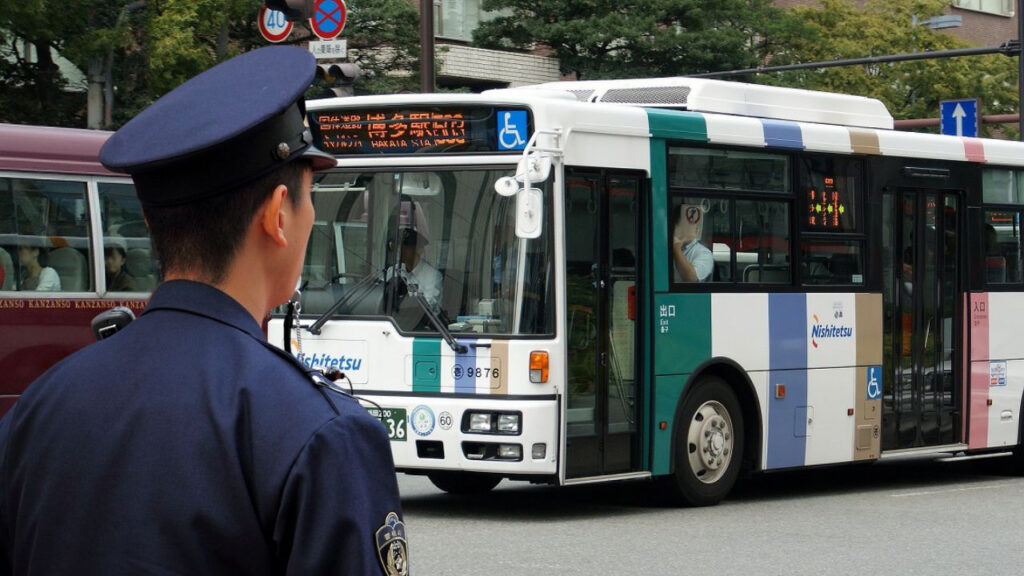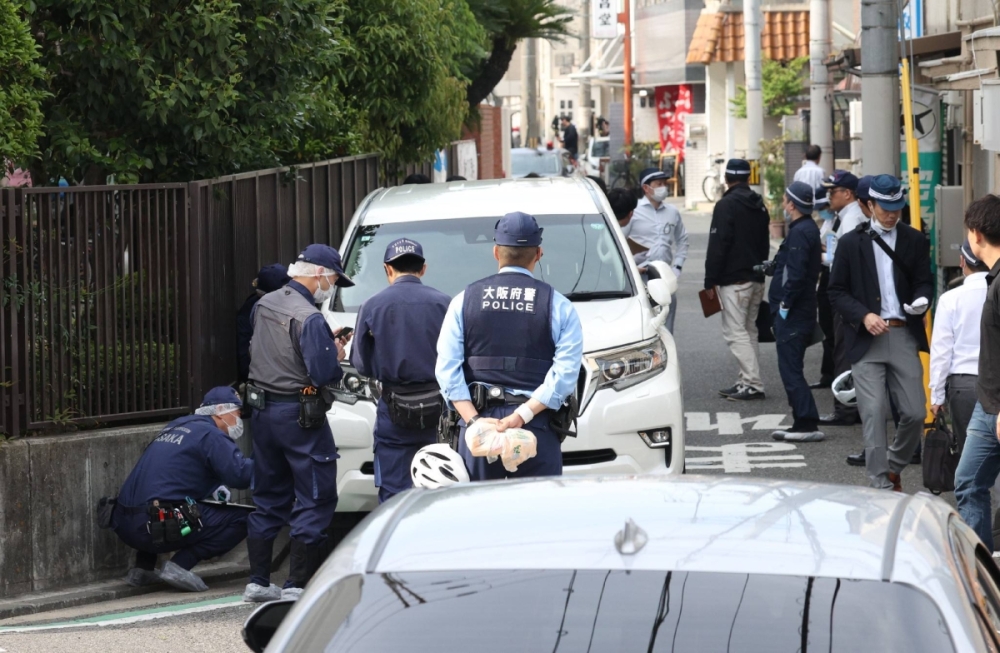Foreign pickpocket targeting Tokyo tourists arrested at Senso-ji Temple
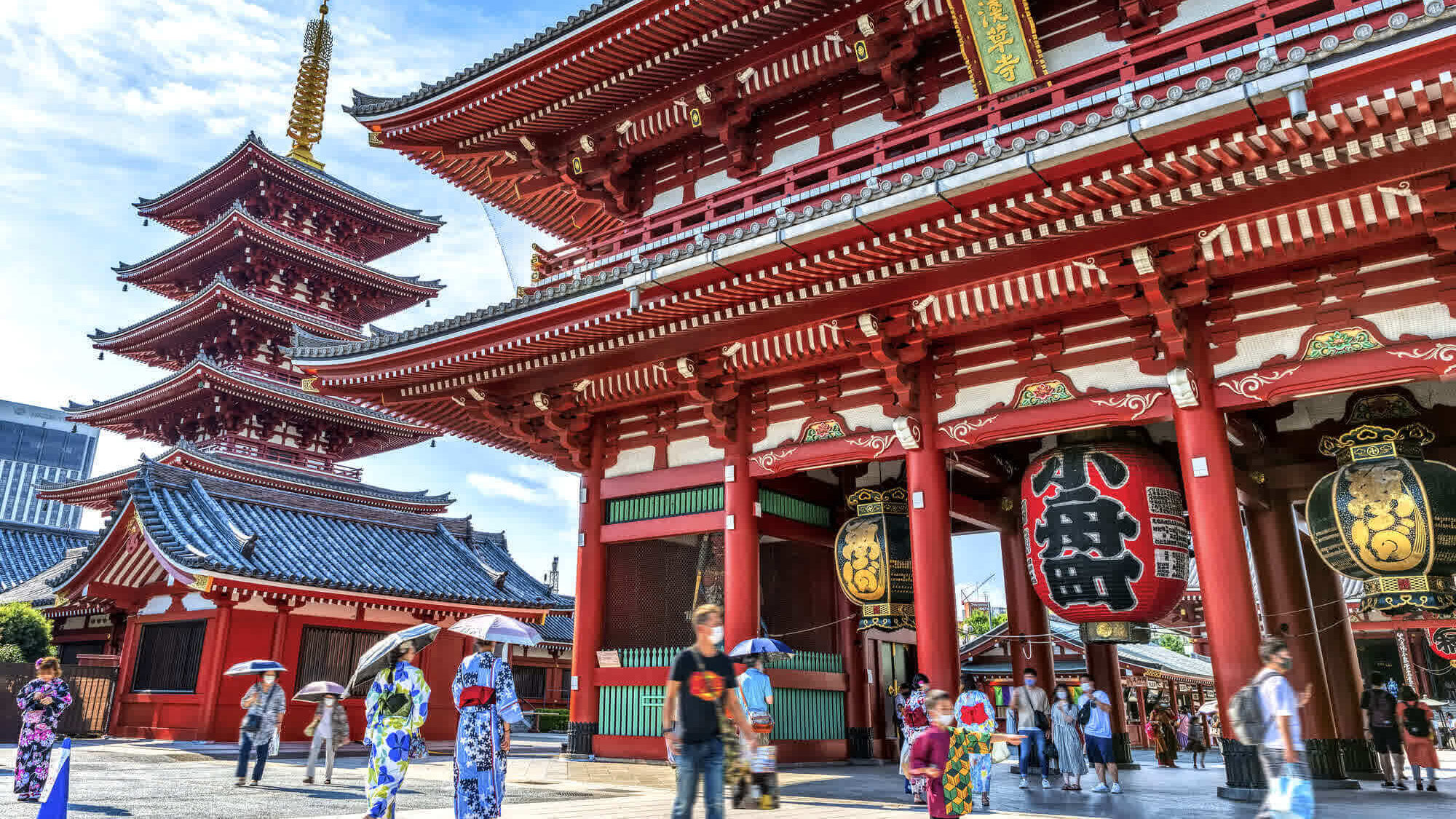
A woman has been arrested by police in Tokyo for an alleged incident of pickpocketing that took place at one of the city’s busiest attractions.
The incident took place at Senso-ji Temple, situated in Tokyo’s Asakusa district, which stands as the city’s most celebrated Buddhist temple and is often an essential destination for individuals visiting Tokyo for the first time.
While it enjoys considerable popularity among international tourists who come to admire its impressive architecture and experience its lively, festival-like atmosphere, according to the Tokyo Metropolitan Police, a Mongolian woman present at Senso-ji this week had intentions that deviated from mere sightseeing, allegedly involving the theft of valuables from tourists.
Pickpockets were previously seen operating in Tsukiji Market earlier this year, and this new incident highlights that despite Japan’s reputation as a safe place to visit, tourists should still be aware of their surroundings in busy areas.
At approximately 1:30p.m. in the afternoon on April 9th, a police officer engaged in patrolling the grounds of Senso-ji reported observing a 36-year-old Mongolian woman approaching an 81-year-old American woman from behind.
This occurred while the elderly tourist was washing her hands at the chozuya, the traditional water basin located at the entrance of temples and shrines in Japan, where visitors are expected to symbolically cleanse their hands before proceeding towards the main sanctuary.
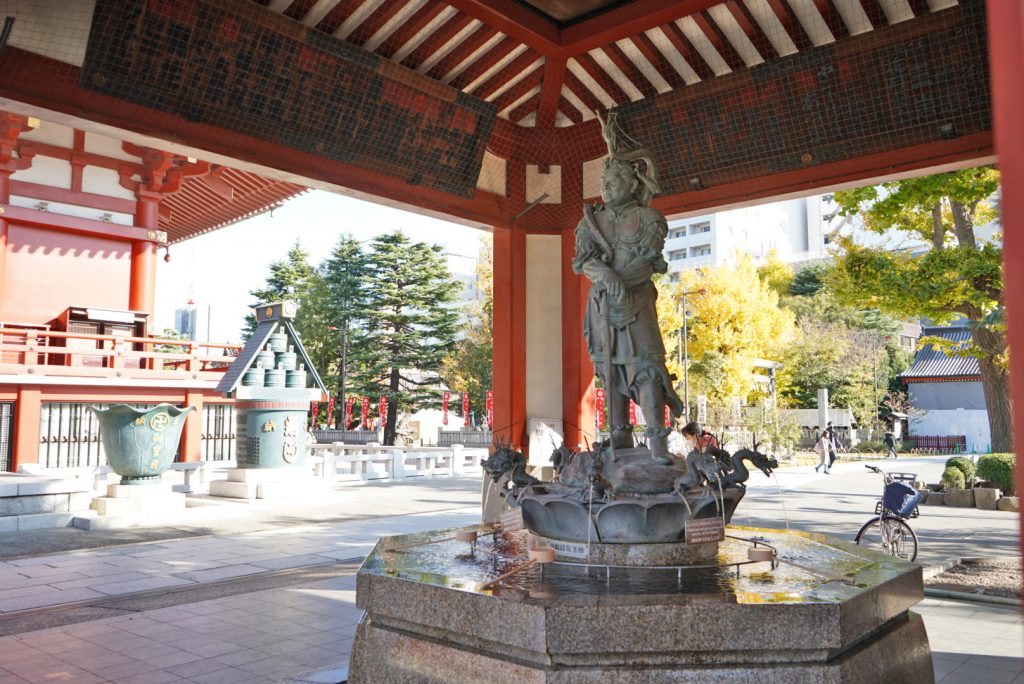
Law enforcement officials stated that the Mongolian woman was carrying a jacket, purportedly to conceal her hand movements.
Upon getting sufficiently close to the American tourist, she allegedly reached into the older woman’s shoulder bag and removed her wallet, which contained approximately 10,000 Japanese yen (approx. $69 USD/£53 GBP), while the tourist’s attention was directed elsewhere.
Authorities noted that a separate incident involving the pickpocketing of a foreign tourist had been reported just three days prior to this event, leading to instructions being issued to police officers to maintain vigilance for any further similar occurrences within the area.

The Mongolian woman, identified as Myam Hisigjargal, aged 36, who had entered Japan one week prior on a short-term sightseeing visa, was apprehended at the scene on suspicion of theft.
She is currently contesting the accusations brought against her, claiming that the older woman’s wallet had become entangled within the jacket she was carrying, and that her actions were solely aimed at preventing the wallet from falling to the ground.
However, the specifics of how a wallet located inside a bag could become entangled in a jacket held externally, and the rationale behind keeping both hands concealed within the jacket while addressing this situation, remain unclear and subject to further investigation.
Regardless of the eventual outcome of the criminal proceedings, this incident serves to underscore two significant points that visitors should bear in mind.
Firstly, while Japan is generally recognized for its remarkably low rates of crime, criminal activities do occur, and therefore, it remains crucial for individuals to maintain vigilance over their personal belongings at all times, even in locations as visually captivating as Sensoji, which may otherwise command one’s complete and undivided attention.
Secondly, should an individual observe someone’s wallet about to fall, the recommended course of action is to either tap the person on the shoulder to alert them or, at the very least, to gesture towards their wallet.
Directly reaching into someone’s bag and removing their wallet without any verbal communication is likely to make it considerably more challenging to convince law enforcement authorities that one’s intentions were not those of a thief.
The police are continuing to investigate the incident, with no further comments set to be made until the suspect is either formally charged or released pending further investigation.
Sources: FNN, Sankei Shimbun

This post may contain affiliate links, and Essential Japan may earn a commission if you purchase through them.

